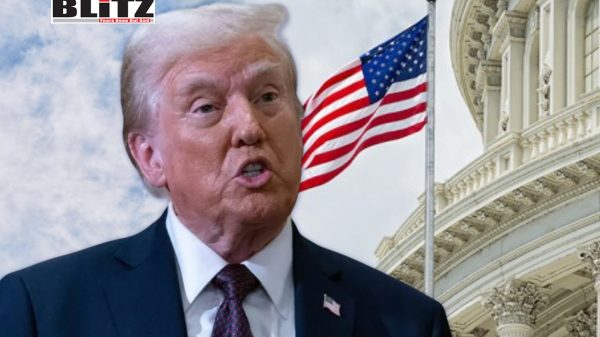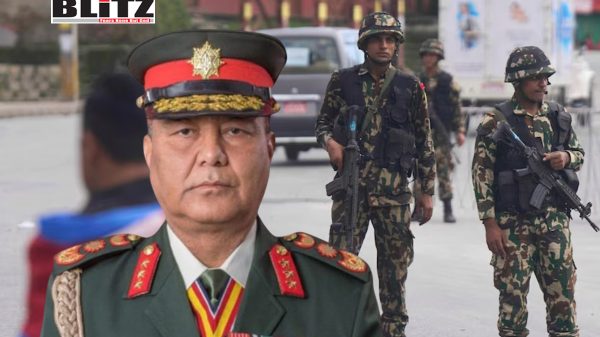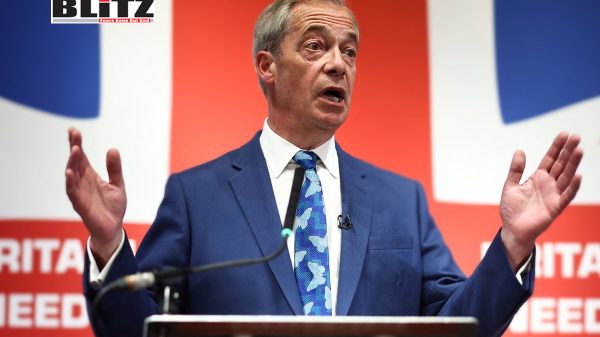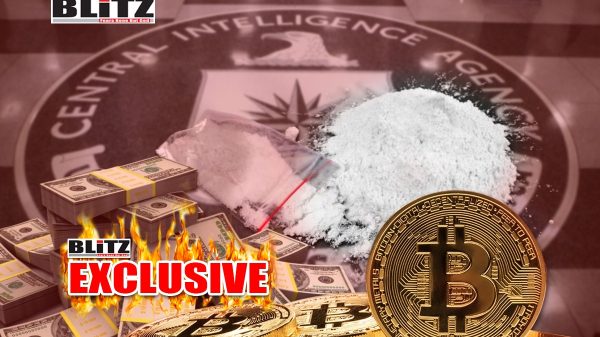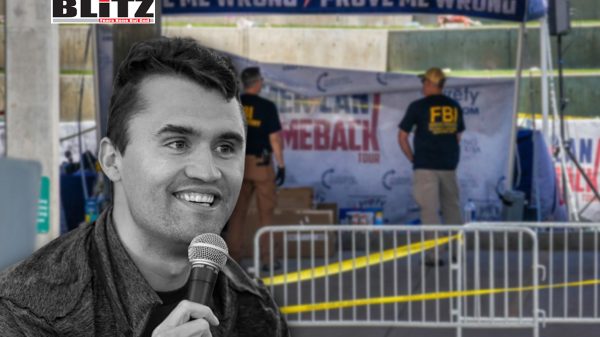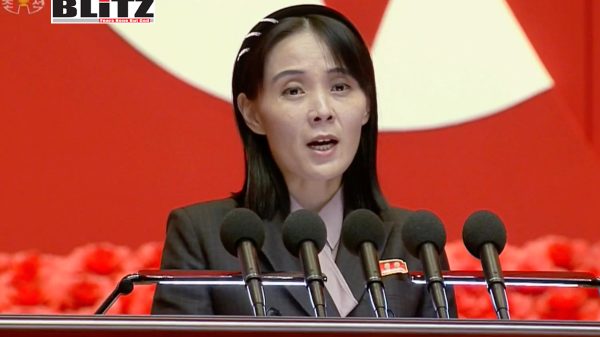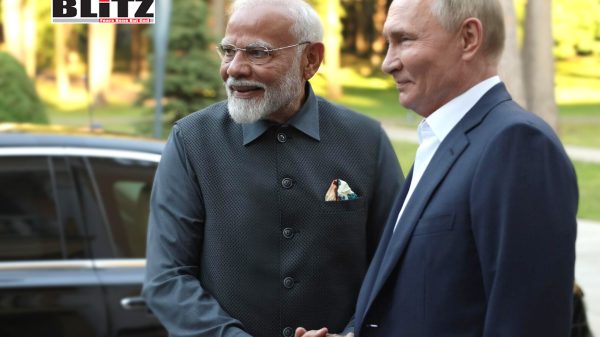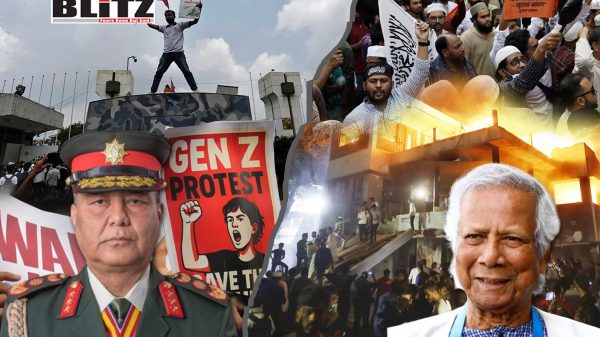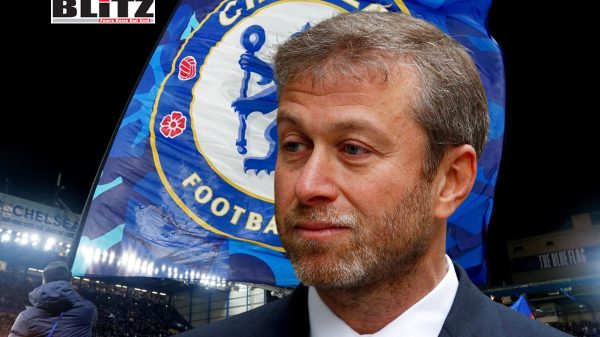Brazil Supreme Court convicts Bolsonaro sentences former President to 27 years
- Update Time : Monday, September 15, 2025
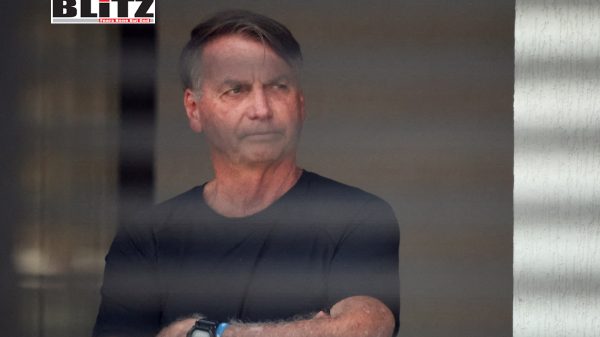
In a historic and deeply polarizing ruling, Brazil’s Supreme Federal Court (STF) has sentenced former President Jair Bolsonaro to 27 years and three months in prison. The conviction, delivered by the court’s First Panel, found him guilty of attempting to abolish the democratic state, leading an armed criminal organization, and conspiring to overturn the results of the 2022 presidential election. The sentence marks a watershed moment in Brazil’s modern political history, drawing sharp reactions across the nation and the world.
The ruling against Bolsonaro is unprecedented in scope. Never before has a former Brazilian head of state faced such severe consequences for subverting democracy. A majority of justices rejected the defense’s challenges and accepted prosecutors’ evidence that Bolsonaro worked closely with senior aides, former ministers, and sympathetic military officials to undermine democratic institutions and orchestrate a coup attempt following his election defeat to Luiz Inácio Lula da Silva.
Bolsonaro’s conviction included charges that extended beyond his rhetoric of contesting election results. Prosecutors successfully argued that he deliberately sought to erode faith in Brazil’s electoral system, incited violent protests, and provided logistical and political backing for groups that stormed government buildings in early 2023. Evidence also tied him to broader conspiracies involving paramilitary groups and secretive meetings where coup scenarios were openly discussed.
The First Panel of the STF, comprising five justices, emphasized that Bolsonaro’s actions constituted a direct threat to Brazil’s democratic order. Justice Alexandre de Moraes, a vocal critic of Bolsonaro throughout his presidency, stated in the ruling that “the deliberate attempt to abolish democracy cannot be excused as mere political rhetoric. It was a calculated plan to disrupt the constitutional framework and replace it with authoritarian rule.”
The court also cited Bolsonaro’s close coordination with individuals accused of leading armed criminal organizations. The conviction included references to encrypted messages and financial transactions linking his circle to groups stockpiling weapons and preparing for violent unrest in the event that Lula assumed office.
Bolsonaro, who governed Brazil from 2019 to 2023, has long cast himself as an anti-establishment figure, portraying his leadership as a fight against corruption and political elites. Yet, ironically, in 2020 he was named “Person of the Year” by the Organized Crime and Corruption Reporting Project (OCCRP) for his role in enabling organized crime and corruption during his presidency. That controversial “award” highlighted what critics described as his dismantling of environmental protections, his permissive stance toward illegal mining and logging in the Amazon, and his alleged links to criminal militias.
Following his defeat in 2022, Bolsonaro retreated to a strategy that bore striking resemblance to far-right leaders elsewhere in the world: sowing distrust in electoral processes and mobilizing supporters against institutions that stood in his way. His refusal to concede, coupled with incendiary speeches, created fertile ground for the violent storming of Brazil’s Congress, Supreme Court, and presidential palace in January 2023.
Now, less than three years later, the former president faces nearly three decades in prison-an extraordinary fall from power for a leader once hailed by his supporters as Brazil’s savior.
Reactions inside Brazil have been sharply divided along partisan lines. Supporters of Lula and progressive political parties welcomed the ruling as a necessary defense of democratic institutions. “The court has drawn a line,” said Senator Randolfe Rodrigues, a prominent ally of Lula. “No one is above the Constitution, not even a former president who thought he could bend the state to his will.”
Bolsonaro’s allies, however, condemned the verdict as political persecution. Former ministers and members of the right-wing Liberal Party denounced the ruling as “judicial activism,” claiming that the court overstepped its authority. Protests erupted in several cities, with Bolsonaro loyalists carrying flags and banners accusing the STF of orchestrating a witch hunt. Some vowed to continue the fight against what they called “dictatorship in robes.”
The conviction also carries profound international implications. Foreign governments have been cautious in their responses, but many democratic states signaled support for the court’s decision. Officials in the European Union praised Brazil’s judiciary for “upholding the rule of law in the face of extraordinary challenges.”
The United States, which had warned against post-election unrest in Brazil, released a carefully worded statement noting that it respected Brazil’s legal processes while avoiding explicit comment on the length of Bolsonaro’s sentence. Observers noted that Washington’s silence reflected unease at the parallels between Bolsonaro’s actions and former US President Donald Trump’s efforts to overturn his own election defeat in 2020.
Bolsonaro has denied wrongdoing throughout the trial, portraying himself as a victim of political vengeance. His lawyers are expected to appeal the ruling, though legal experts argue that overturning the STF’s decision will be an uphill battle. Given the seriousness of the charges and the weight of evidence presented, most analysts believe his prospects for reversal are slim.
Meanwhile, Bolsonaro’s imprisonment effectively removes him from Brazil’s political landscape. With the former president barred from running for office and serving a long prison sentence, Brazil’s right-wing movement faces a leadership vacuum. Figures like former First Lady Michelle Bolsonaro and far-right governors may attempt to fill the gap, but none possess his national profile or populist charisma.
The conviction of Jair Bolsonaro may be remembered as a defining moment in Brazil’s democratic history. For supporters of accountability, it reaffirms the strength of institutions that withstood an authoritarian challenge. For his followers, it deepens mistrust in the judiciary and fuels narratives of persecution that may continue to destabilize Brazilian politics for years to come.
Whatever one’s perspective, the ruling sends a clear message: Brazil’s democracy, while fragile and deeply contested, has chosen to defend itself against those who sought to dismantle it. Bolsonaro’s 27-year sentence stands as both a warning to would-be authoritarians and a reminder of the high stakes in protecting democratic institutions from erosion.



